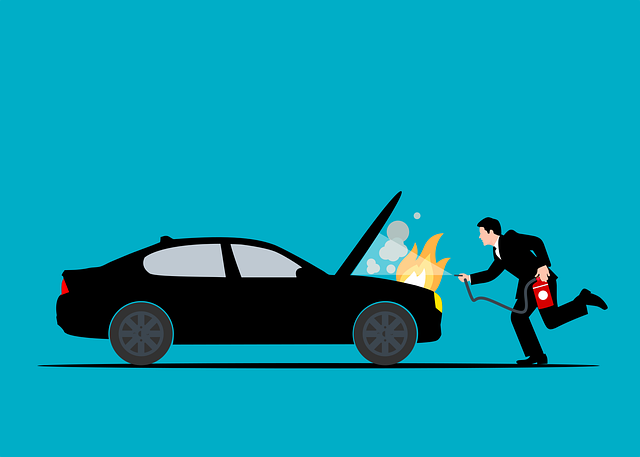When you get ready to buy your next car, you will no doubt begin to consider what kind of insurance you need and how much it’s going to cost you. You might not realize, however, that your auto insurance may have an impact on the mortgage payments you make when buying a home or refinancing an existing one. Here’s how auto insurance affects your mortgage, as well as what type of coverage can help you get the most out of your policy.
Auto Insurance Basics
If you’re looking to buy a home, you might think it’s important to have a large amount of life insurance. However, not all types of insurance are as helpful for securing a mortgage loan. In particular, auto insurance is less valuable than homeowners or renters insurance in most cases. While your auto policy might cover damage to your car and injuries sustained by passengers, neither of these aspects can help your situation if you need financial assistance with your mortgage payments.
Auto insurance and mortgages
It may seem a bit strange that auto insurance would have anything to do with your mortgage, but many home loans require borrowers to maintain their property with hazard or liability insurance. If you can’t show proof of either type of coverage, it’s very possible that your lender will turn down your application.
5 things you need to know about auto insurance
1. You can’t drop your mortgage insurance coverage, even if you want to. 2. When calculating how much coverage you need, consider your monthly payment, which varies between lenders and depends on multiple factors including interest rates and loan type. 3. If a lender wants you to carry private mortgage insurance (PMI), they will usually require a down payment of at least 20% or 25% of your home’s purchase price (the loan-to-value ratio). 4. Different types of policies offer different benefits—find out what could be covered in an all-risk policy vs. one that offers only loss-of-use protection. 5. Remember that PMI is temporary: as your principal balance decreases (thanks to payments) there may come a time when PMI is no longer necessary; when that happens, some insurers will refund any unused portion of premiums paid over several years until that point.
Homeowners, auto and life insurance must have the same company.
The person with homeowners, auto and life insurance must have them all under one company. That means that if you have a different insurance company for your car than your house or vice versa, it will not be factored into your mortgage approval. This is important because if you need to make a claim on any of those policies after you’ve closed on your home, it will be difficult to get coverage without having one provider do all three for each individual policy.
Your credit score can cost you 20% or more on your premium.
So how does your credit affect your auto insurance premiums? This can depend on a number of factors, such as where you live and whether you have clean driving record. But one thing’s for sure—having a poor credit score can cost you 20% or more on your premium.
Car repairs mean higher premiums.
When you have car insurance, your insurer requires that you continue to pay premiums for a certain period of time after you file a claim. If there’s no lapse in coverage, then most insurers will use their retained-earnings account to pay off your damage without taking money from your next policy. But if you fail to continue paying into your policy (usually for six months or longer), then many insurers will charge higher premiums for another two years as punishment. Learn more about how much does auto insurance cost.
Paying your bill late costs you even more.
Delinquent payments to your mortgage company are a major red flag when it comes to getting an auto loan. Most banks that issue home loans won’t let you take out another loan if you’re behind on a mortgage payment. If you have an outstanding balance on your car and aren’t able to make regular payments, refinancing or taking out a new car loan may be out of reach until you clean up your credit report.
Higher deductibles help lower rates.
Auto insurance deductibles typically range from $500 to $2,000. The deductible is what you are responsible for paying toward a loss before your insurer begins covering its portion of a claim. A higher deductible may result in lower premiums but means that you will be responsible for paying out-of-pocket toward damages. Keep in mind, however, that higher deductibles can mean riskier investments and decisions while driving.
